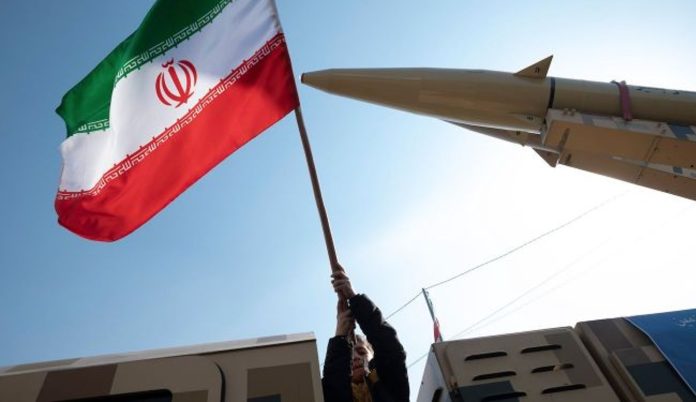The top of Iran has decided to bring the country's armed forces into a state of increased readiness, and also warned a number of states about serious consequences in the case of providing any US assistance in the conflict. This decision was a response to increasing threats from US President Donald Trump, as well as to delay the political situation in the region.
According to a high -ranking Iranian official, Iran rejected the US requirements for direct negotiations on its nuclear program, which caused another aggravation of relations between the two countries. "Iran rejects the US requirements for direct negotiations on its nuclear program or be divided by warning neighbors on the territory of which the US bases are located, that they may be on the fire line if they are involved," the Reuters reported. Iran also stated that he was ready to continue the indirect dialogue from the United States through intermediaries, in particular through Oman, which was traditionally used as a channel for transmitting messages between the two countries. However, Iran emphasized that this path of negotiations may be difficult and needs consent from the US. In parallel, Tehran has made a warning of a number of countries, including Iraq, Kuwait, the United Arab Emirates, Qatar, Turkey and Bahrain, that any US support in conflict with Iran will be regarded as a "enmity act". Iran warned that providing territories to place the US military or use airspace for US operations can have serious consequences for these countries.
In addition, Iran has recently stated sufficient weapons for attacks on American bases in the region, in particular on a military base on Diego-Harcia Island, where about 4,000 US military is stationed. Iran claims that his rockets can destroy this base completely. In the case of US aggression, Tehran also threatens NATO countries, including the United Kingdom. In particular, Iran stated that he was ready to attack the Chagian islands that are part of the UK in the Indian Ocean. These statements indicate further exacerbation of tension in the region and increase the risks to the Middle East safety. As the US and Iran continue to contradict the nuclear program and regional security, the world community is monitoring the development of events, as the consequences of possible hostilities may have far -reaching consequences for international stability.
Iran continues to focus on its willingness to protect their interests, which makes the situation even more intense. At the same time, international efforts to de -escalate the conflict do not lead to results, and diplomatic channels remain the only way to avoid open military confrontation.


